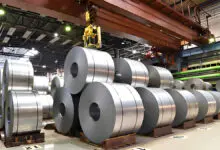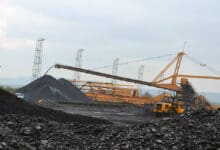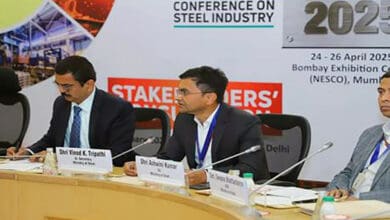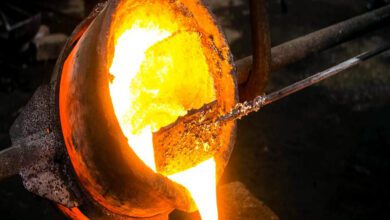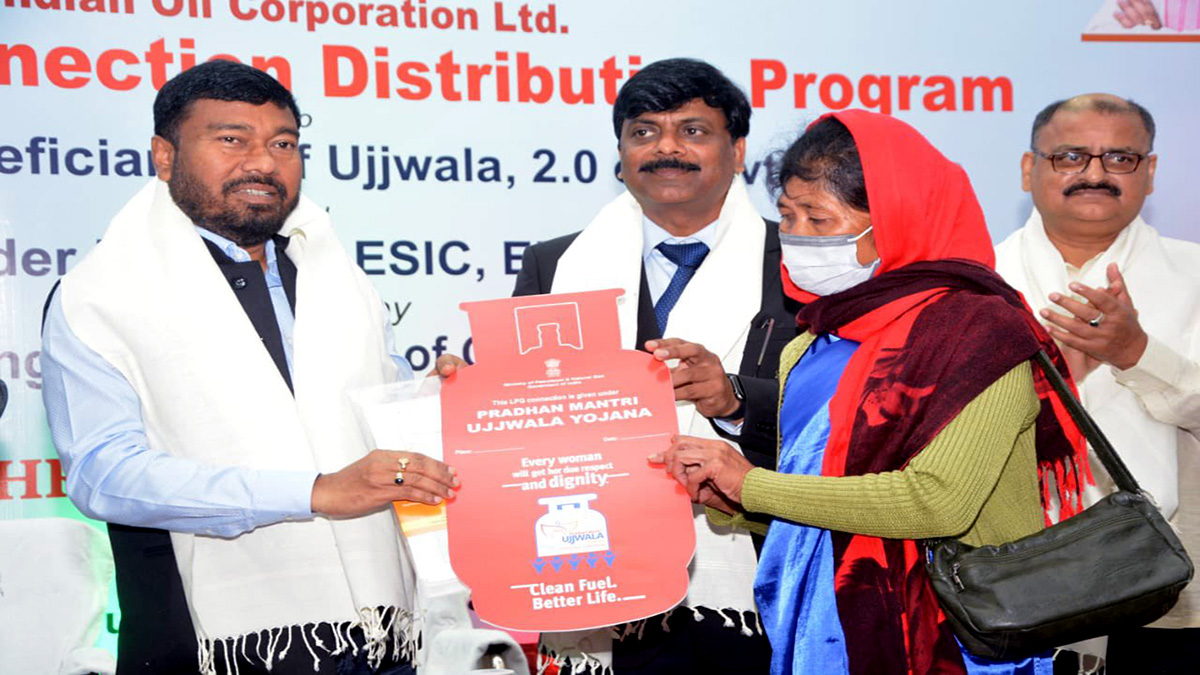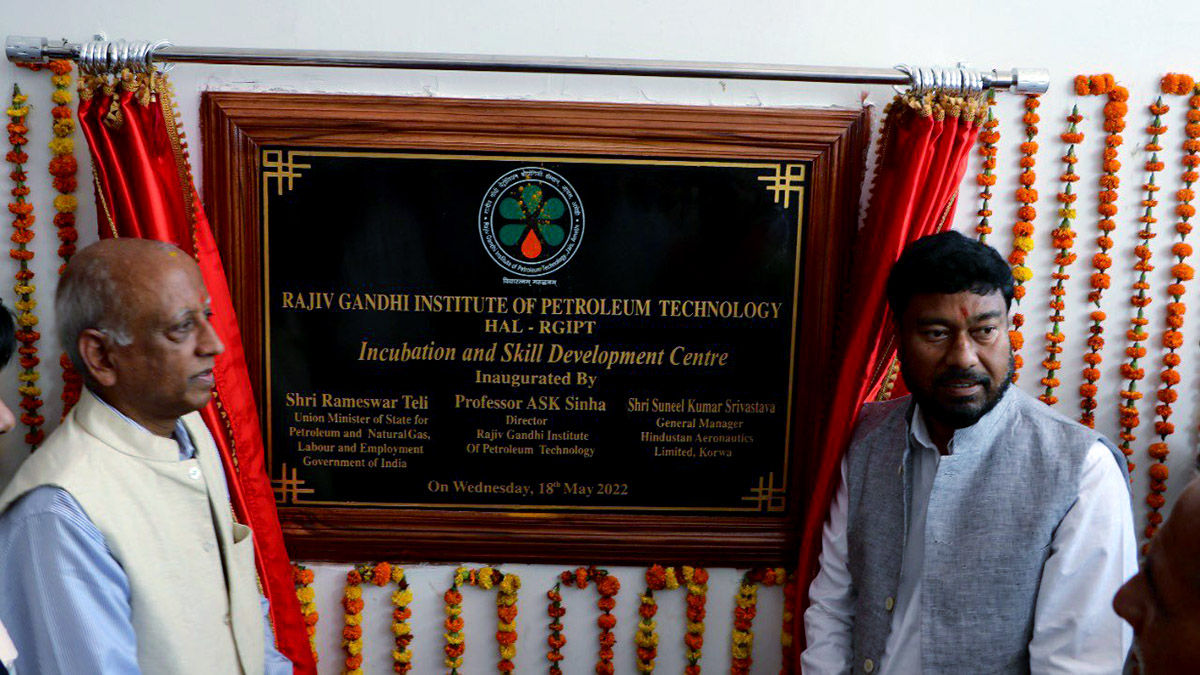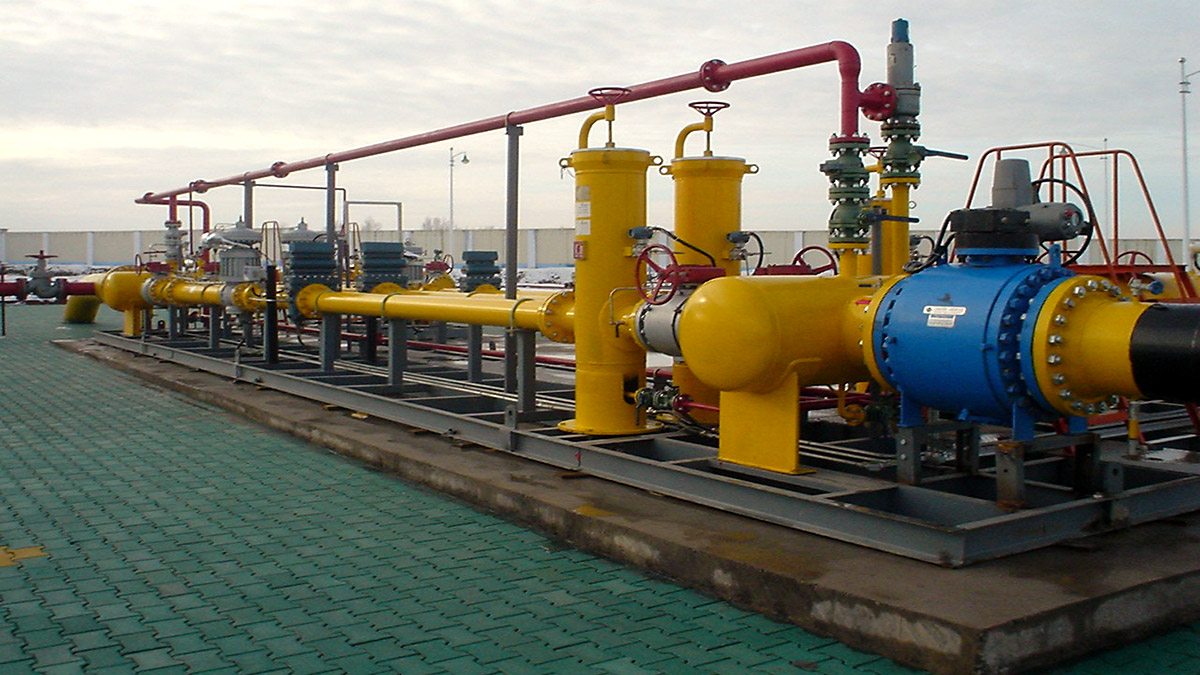The World Steel Association (WSA) has released provisional data on global and Indian steel production for the years 2022 and 2023. According to the data, global crude steel production was 1,890.2 MT in 2022 and slightly increased to 1,892.2 MT in 2023. During the same period, India’s crude steel production grew from 125.4 MT to 140.8 MT, marking an increase in its share of global production from 6.6% to 7.4%.
In terms of steel consumption, data from the Joint Plant Committee indicates that India consumed 136.29 MT of finished steel, which includes both alloy/stainless and non-alloy steel, in the fiscal year 2023-24. For the first quarter of the fiscal year 2024-25 (April to June 2024), the provisional consumption figure stands at 35.42 MT.
Steel exports by India in 2023 totalled 7.8 MT, which accounted for 1.8% of the global steel exports, estimated at 434.7 MT. These figures highlight India’s role in the global steel market, both as a significant producer and as an exporter.
The steel sector in India operates under a de-regulated framework, with the government playing a facilitative role to foster growth and development. Several measures have been implemented to boost steel production and consumption within the country. The Domestically Manufactured Iron & Steel Products (DMI&SP) Policy promotes the use of domestically produced steel in government procurement. Additionally, the Production Linked Incentive (PLI) Scheme for specialty steel aims to reduce imports by encouraging the domestic production of specialty steel, with an anticipated investment of ₹29,500 crores and the creation of an additional 25 MT of capacity.
Initiatives like the Make in India program and the PM Gati-shakti National Master Plan are furthering engagement with various sectors, including Railways, Defence, Petroleum and Natural Gas, Housing, Civil Aviation, Road Transport and Highways, Agriculture, and Rural Development, to increase steel usage and overall demand. Efforts are also being made to coordinate with various ministries, states, and other countries to secure raw materials for steel production on more favourable terms.
To enhance the availability of domestically generated scrap, the government has notified the Steel Scrap Recycling Policy. Additionally, 145 Steel Quality Control Orders have been issued to prevent the manufacturing and import of non-standardized steel, ensuring the availability of quality steel products to the public.




